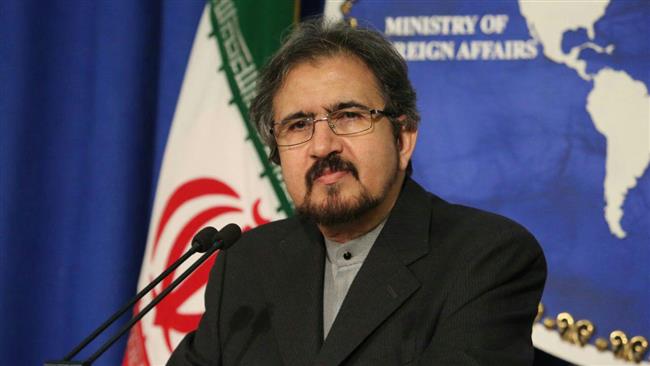
RNA - “Washington has certain commitments. We believe whatever government comes to power will have to — even if it does not want to — live up to the commitments made by the previous government,” said Bahram Qassemi, the spokesman for the Iranian Foreign Ministry, during his weekly press conference on Monday.
Iran and the P5+1 group of countries, namely the US, Russia, China, France, Britain, and Germany, signed the nuclear deal, dubbed the Joint Comprehensive Plan of Action (JCPOA), in July 2015. The agreement went into effect on January 16, resolving a long-running dispute over the Iranian nuclear program.
Ever since the deal was struck, its opponents in the US Congress have been threatening that a future US administration opposed to the agreement would scrap it.
The US will be holding a presidential election on Tuesday, and the administration of US President Barack Obama, who negotiated the deal with Iran, will be ending its tenure.
Republican presidential candidate Donald J. Trump has threatened he would discard the JCPOA or try to renegotiate its terms if he is elected president.
Such threats came even as the deal has been endorsed by a United Nations Security Council resolution, which effectively turned it into international law.
The implementation of the accord currently faces certain problems as some European banks balk at the resumption of transactions with Iran lest they prompt US penalties, which were routine occurrences before the deal was struck.
In his Monday remarks, Qassemi said Washington had to help fully remove such obstacles.
“Ultimately, we will consider the US administration liable for not rigorously living up to the commitments. And we ask them to, instead of talking, act more capably and honestly so European enterprises and banks can have economic and technical cooperation with Iran without concern,” Qassemi asserted.
EU ties
Concerning Iran’s relations with the European Union (EU), Qassemi said the Islamic Republic and Europe’s relations go back several decades, even to before the EU’s formation.
He also reminded that an Iranian delegation was to hold talks with EU officials in Brussels on Wednesday, calling the negotiations a “positive move.”
Earlier in the month, the European Parliament voted on a roadmap for relations with Iran, charting out the “EU strategy towards Iran after the nuclear agreement.”
Referring to the document, Qassemi said, though non-binding, “the European Parliament’s resolution was... a unique and unprecedented one, given the background of the European Union.”
“On the whole, it was a combination of positive and negative points. It was somehow comprehensive. It had been approved by an overwhelming majority of the European Parliament Members,” the Iranian official said.
Iran and Europe’s relations could use a new framework as their base, given the Islamic Republic’s points of strength, including its constructive anti-terrorism role in the region and its role in maintaining regional stability, he concluded.
847/940